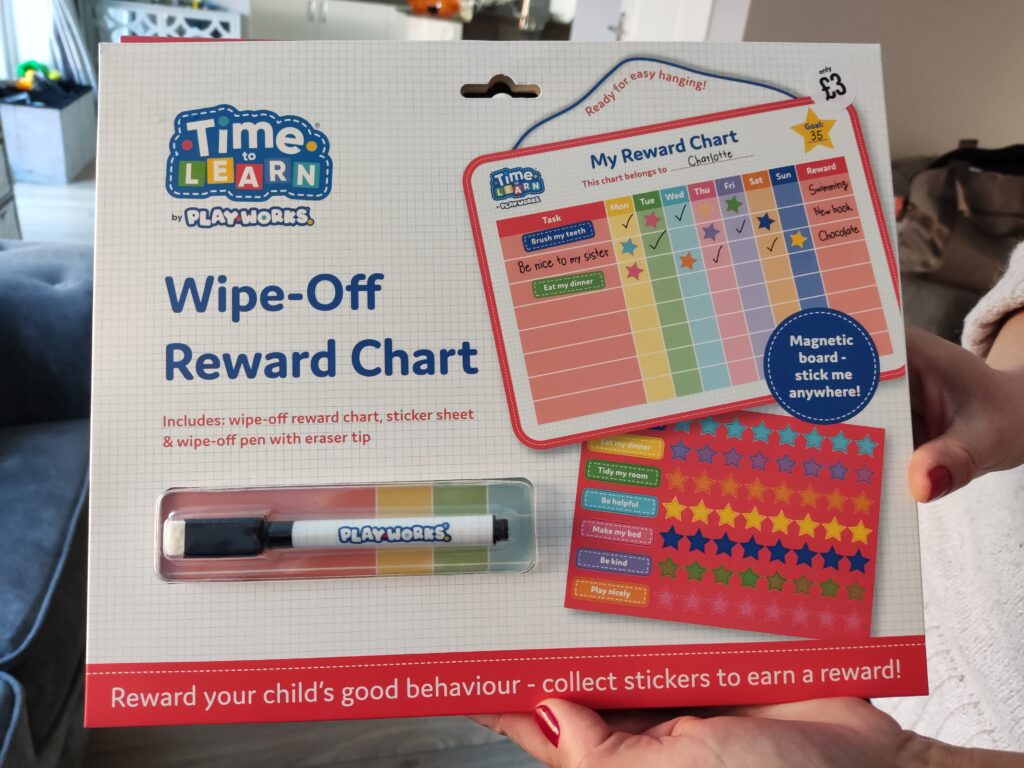Knowing how to stop an autistic child being aggressive is a very common challenge for parents in our position.
In the below article we will explore what may be behind the behaviour and what you can do about it.
Stopping aggressive behaviour in an autistic child
First and foremost, it’s crucial to understand that aggression in autistic children is not a reflection of poor parenting.
Instead, it’s often a sign of distress or an unmet need.
Children with autism may have difficulty expressing their feelings, pain, or discomfort, which can lead to frustration and, subsequently, aggression.
Create a predictable environment
Children with autism thrive in environments that are predictable and structured.
A routine can provide a sense of security and help mitigate feelings of anxiety or stress that can lead to aggression.
Try to keep a consistent schedule and prepare your child in advance for any changes.
Identify triggers
Pay close attention to what precedes aggressive episodes.
Triggers can be sensory (like loud noises or bright lights), emotional (such as feeling overwhelmed), or due to changes in routine.
Once you identify these triggers, you can work to avoid them or prepare your child to cope with them better.
Work on communication
Many autistic children struggle with verbal communication, which can lead to frustration and aggression.
Encouraging non-verbal communication, such as using pictures, gestures, or assistive technology, can provide them with alternative ways to express their needs and feelings.
Use tools
There are various ways you can teach your child about appropriate behaviour. Some have had success with emotion cards.
Others (including us) have had success with tools like a reward chart shown below. This can help associate good behaviour with praise.

Praise them appropriately
As above, focus on reinforcing positive behaviours rather than punishing negative ones.
Praise and rewards can be very effective in encouraging your child to communicate in non-aggressive ways.
Remember, positive reinforcement is about acknowledging good behaviour, no matter how small.
Teach coping methods
Teaching coping mechanisms is essential.
This can include deep breathing exercises, sensory activities, or providing a safe space where your child can retreat to calm down.
These skills don’t develop overnight, so consistent practice is key.
Understand their senses
Children with autism often have heightened sensory sensitivities.
Understanding and accommodating these sensitivities, such as providing noise-canceling headphones or dimming lights, can reduce distress and the likelihood of aggressive behaviour.
Look for help
Don’t hesitate to seek professional help. Therapists who specialise in autism can provide tailored strategies and support.
They can also work with your child to develop social skills, communication techniques, and better ways to handle frustration and anxiety.
Work with their school
Ensure consistency in handling aggression across all environments.
This means collaborating with teachers, caregivers, and other family members.
Everyone involved should be on the same page regarding strategies and approaches.
Try to understand their frustration
Always approach your child with empathy and understanding. Recognise that aggression is not a choice, but a form of communication.
Responding with empathy can help de-escalate situations and show your child they are understood and supported.
Build a network and look after yourself
Parenting a child with autism can be emotionally and physically taxing. It’s crucial to take care of yourself, too.
Respite care, support groups, or simply finding time for activities you enjoy are essential for your well-being.
Lastly, building a network of support with other parents of autistic children can be invaluable.
Sharing experiences and strategies can provide new insights and emotional support.
How to stop an autistic child being aggressive – Summary
Remember, every child is unique, and what works for one may not work for another.
It’s a journey of trial and error, patience, and continuous learning.
Your love, understanding, and commitment to finding the best ways to support your child are the most significant steps towards managing and understanding their behaviour.
As a parent, you’re doing an incredible job navigating these challenges, and it’s important to acknowledge the strength and dedication it takes.
Any tips or ideas?
We would love to hear from you if you have got any techniques or ideas for our readers to try.
Be sure to leave a comment if any of the above has helped or if you have any ideas we can add to this article.
Also be sure to search for any other articles you might find helpful.
Try for example searching below for topics like ‘meltdown’ or ‘communication’.

